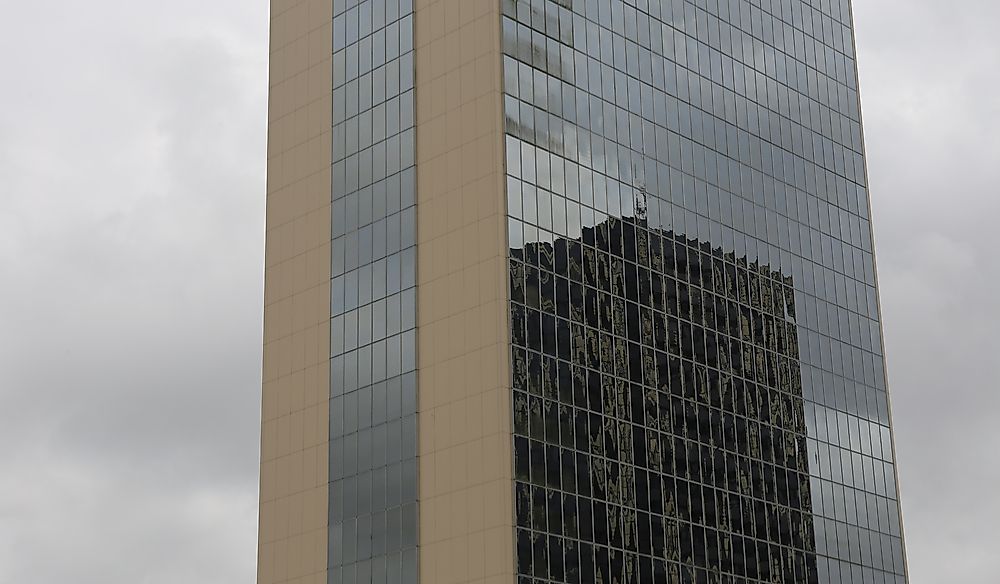What Is The African Development Bank?

Going by the acronym AfDB, the Africa Development Bank is a financial institution that was created to fund the development needs of African countries, especially the developing ones. Through the provision of cheap loans and grants to fund public-private partnership programs, the bank aims to achieve poverty reduction, improve the standards of living, and promote social and economic development in Africa.
Establishment
The Africa Development Bank was born as a result of the nationalist feeling that swept across the African continent. The colonial powers were granting independence to its colonies on the continent and the new countries had banded together to form the Organization of African Unity in 1963 through two charters. The other charter laid the ground for the formation of a bank that would serve the whole continent. On July 1, 1966, two years after the charter came into force, the AfDB began its operations from its headquarters in Abidjan, Ivory Coast.
Management
A board of executive directors is charged with running the affairs of the bank such as the issuance of loans and grants. The directors are the representatives of the member states and are usually the finance ministers. Each member has voting power privilege that is determined by the size of their share, meaning that there are countries that have more power than others. African member states have 60% voting powers while non-African members of the board have 40%. The board of governors meets once a year in May to decide on leadership, strategy, and affairs of the governing bodies. The current president of the AfDB is Dr. Akinwumi Adesina.
Entities
The entities of the AfDB are the Africa Development Fund and the Nigeria Trust Fund.
Africa Development Fund
The ADB started operations 1974 and it is responsible for making available development finance to countries that are unable to access such funds from the AfDB. 24 African countries and the AfBD form the ADB and it is run by a board of directors. Funds to help achieve its goals are sourced from non-African members, some of whom are its biggest shareholders. The United Kingdom (14%), the United States (6.5%), and Japan (5.4%) combined have the largest working shares.
Nigerian Trust Fund
The Nigerian Trust Fund is an initiative of Nigeria on account of its 9% shareholding, which is the largest among African member states. Started in 1976, the Nigerian government has pumped in more than 80 million dollars into the fund and it is meant to help the development of very poor African countries. Unlike loans given by the ADB that have no interest, an interest of 4% is charged on the loans given plus a repayment period of 25 years after a five year grace period.
Milestones and Achievements
The AfDB and its entities have been instrumental in disbursing a total of 47.5 billion dollars that have gone into more than 2,000 operations around Africa. Some of the operations are not just on infrastructure spending, but on programs that boost the fight against HIV/AIDS pandemic among others. Political instability in Ivory Coast had forced the temporary relocation of its headquarters to Tunis in 2003 but has since returned to Abidjan in 2013. The bank has also retained its unit of account which is XUA 965.











